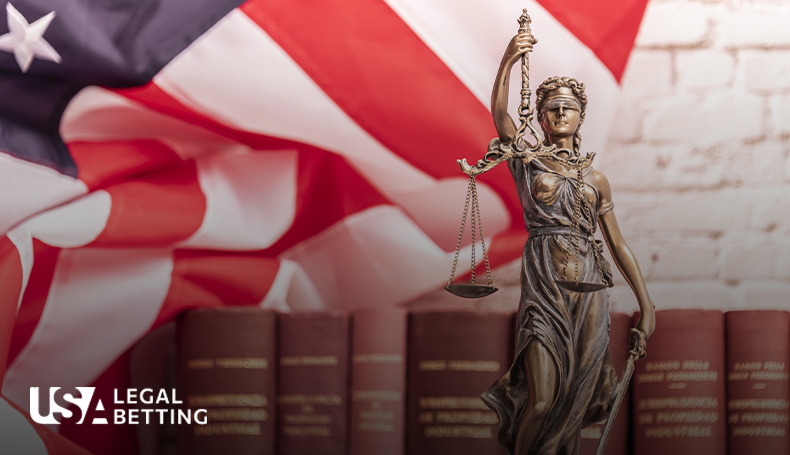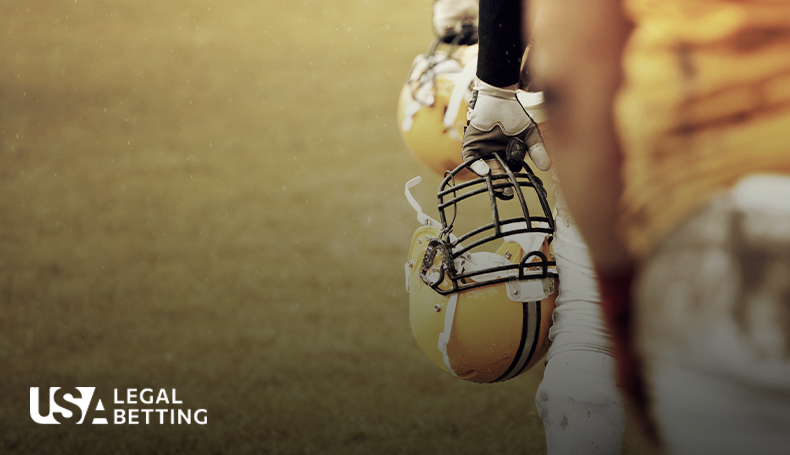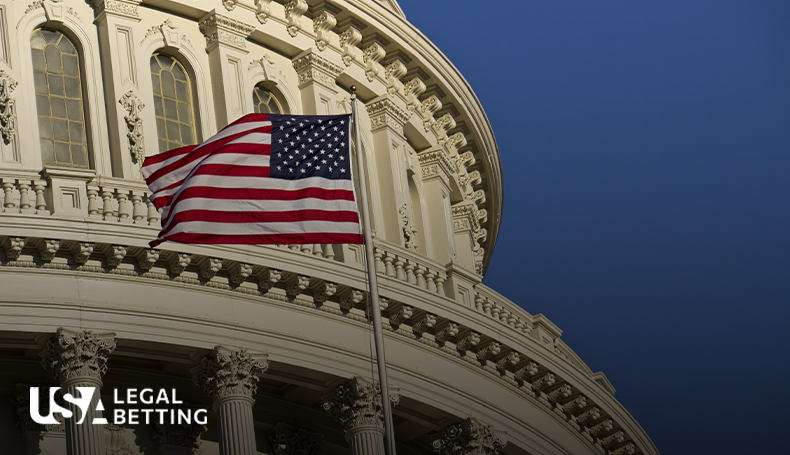Alabama Reflector reported that several members of the conference committee already met informally to discuss their plans for the future of sports betting. Reports also suggested that officials who were present at the meeting were more aligned with one another than first expected.
Alabama has until May 9 for both chambers to agree on a sports betting bill. Lawmakers are required to pass bills at least 10 days before the end of the legislative session, which falls on May 20.
The bill needs three-fifths approval in both chambers to progress to the November ballot, where state voters would decide its fate.
The House previously proposed the creation of the Alabama Gaming Commission, which would vet, license, and regulate all forms of gambling in the state (including those established through the passage of the bills). It would also create the Alabama Gaming Enforcement Division, which would work to eradicate nefarious operators and bookmakers from the state.
Sports betting operators selected for licensing, such as FanDuel, DraftKings, and others, would be taxed 17 percent of their net gaming revenue. 90 percent of that would go to the Gaming Trust Fund, and the remaining 10 percent would be disseminated to county commissions and used to fund the sheriff’s department.
Meanwhile, casinos would be granted 15-year licenses. Each license would cost a minimum of $5 million, and license periods could be extended if the casino company readies at least $500 million in capital investment at the operating site.
The bills also proposed a 24 percent tax rate on casinos’ net gaming revenue, 95 percent of which would go to the Gaming Trust Fund. A portion of the revenue would also go to local areas where the casinos are located.


















